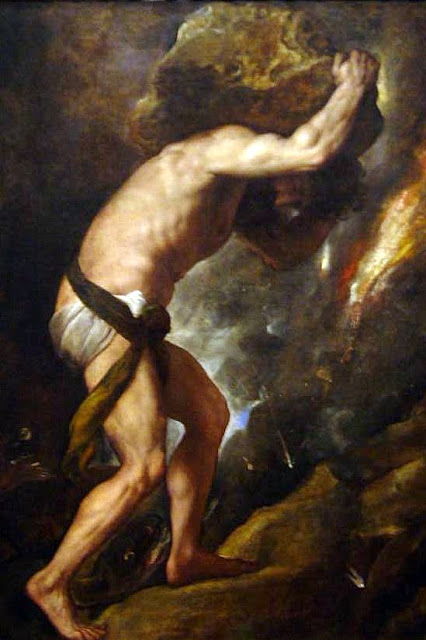Reminders of Mortality, Sin, Education & Redemption

Mortality
Half our dayes wee passe in the shadowe of the earth, and the brother of death exacteth a third part of our lives. A good part of our sleepes is peeced out with visions, and phantasticall objects wherin wee are confessedly deceaved. The day supplyeth us with truths, the night with fictions and falsehoods, which uncomfortably divide the natural account of our beings. And therefore having passed the day in sober labours and rationall enquiries of truth, wee are fayne to betake ourselves unto such a state of being, wherin the soberest heads have acted all the monstrosities of melancholy, and which unto open eyes are no better then folly and madnesse.
Sin
The allegations were shocking. Jean Vanier, the son of a former governor general and a man regarded as saintly for his work with people with intellectual disabilities, was accused of sexual abuse.
Now, nearly three years later, an exhaustive independent report says Vanier, the co-founder of L’Arche, sexually abused at least 25 women over seven decades.
The report released Monday says the Canadian leader of the renowned international organization has been found to have exploited people looking for spiritual guidance for sexual purposes.
Redemption
To appreciate the true scope and purpose of pastoral accompaniment, we must recognize that Christ isn’t solely focused on sin and pardon. Were His concerns that narrow, we could, like the supporters of the New Morality, leave people to languish in innocent error. But He has an infinitely greater goal: our sharing in His life and saving work.
By uniting us to Himself in the transforming, ongoing conversion of metanoia lived in fidelity to Him and His Gospel, Jesus frees us from both sin and error. He thereby reorders our identity and life so that as children of God we can become whole and help heal others through our witness and prayer.
To rightly accompany people mistaken about their identity and the purpose of life, Church ministers and lay members must avoid two extremes. We can’t treat them as wicked when they innocently act wrongly and we can’t leave them ignorant of Christ, who is the way, the truth, and the life.
Such an approach requires taking seriously the damage caused by innocent errors. The sincerity of a mistake excludes culpability – but not consequences. Accidently poisoning someone still kills him. Teaching that sexual activity outside marriage is natural or beneficial doesn’t prevent the physical, psychological, and spiritual harm that can be done to a person, and overflows to partners, families, and communities.
Compassionately dispelling errors thus promotes a better life for everyone. And indicating that someone is wrong helps free them. This type of correction is a service, not a condemnation.
Education
Teaching is not easy work, and it is even harder after decades of working in other fields. The warning of French philosopher Étienne Gilson rings truest in education: “Piety is no substitute for technique.” Teachers must know their subjects, and they must find effective ways to communicate this knowledge. But if they can do so, and if they believe devoutly, the impact they can have on the faith of young people can move mountains.
https://www.thecatholicthing.org/2023/01/31/catholic-school-teachers-missionaries-of-evangelization/
Catholic schools exist to inform, form and transform students according to the message of Jesus as it comes to us through scripture and the living tradition of the Church. Fundamental to Catholicism is the belief that parents are the primary educators of children and that education is holistic.
Perhaps what most distinguishes a Catholic school from that of others is its broad curriculum. All subjects in Catholic schools (and all activities) are taught from the perspective of faith. At its core, curriculum in any subject reveals fundamental beliefs and values about the nature, task and specific character of the educational enterprise. It presupposes and involves a definite understanding of what it means to be human, of how to live together, and the wisdom necessary to sustain life on this planet. Indeed, in its broadest sense, Catholic curriculum is a worldview shaped by the Catholic conversation about life’s meaning and purpose. Education that is Catholic, analyses all truth and knowledge (literature, history, geography, science, technology, mathematics) through the lens of faith.






Comments
Post a Comment
Your comments will be appreciated and posted if 1) they are on topic and 2) preserve decorum.
Stand by your word.